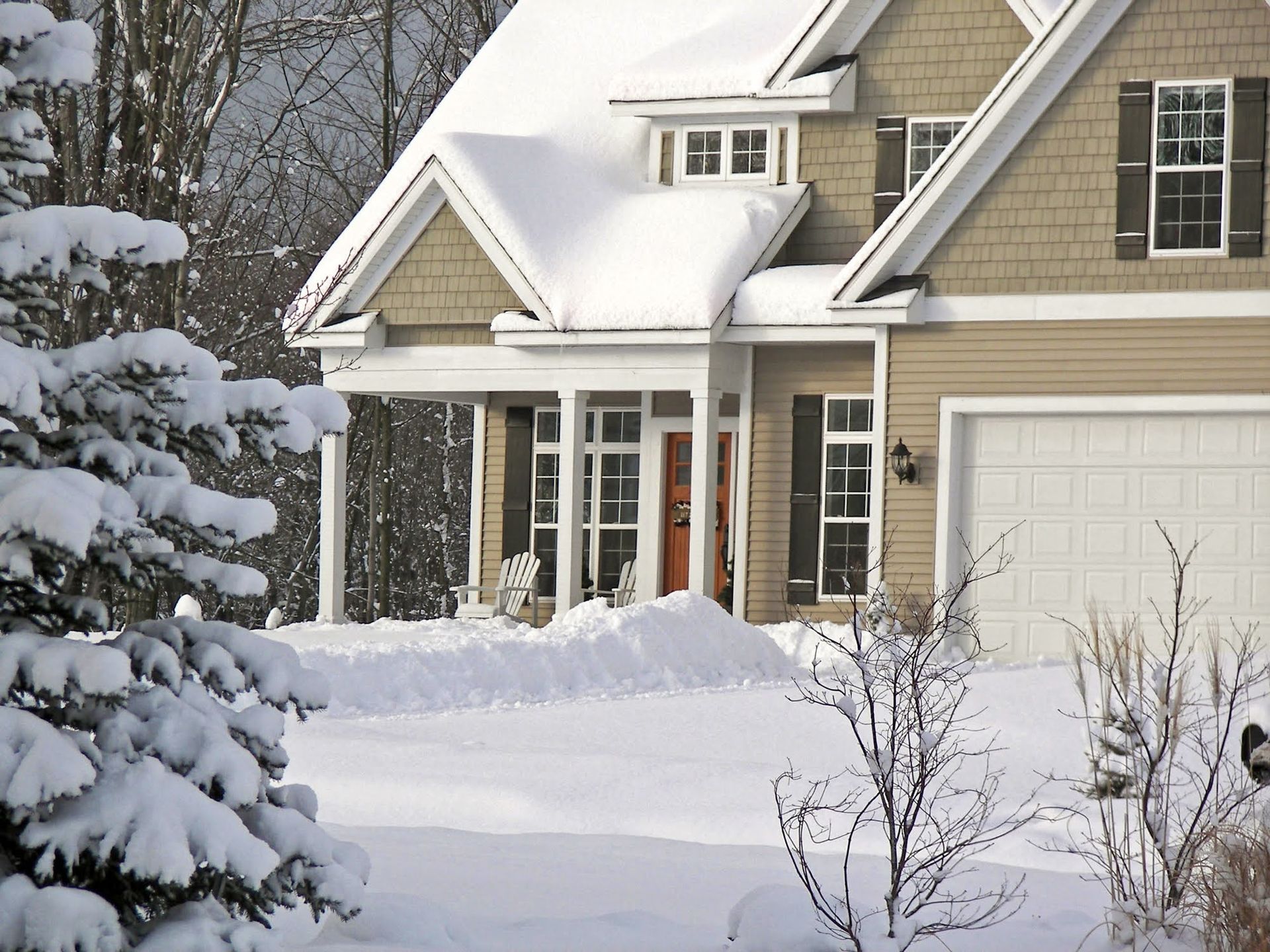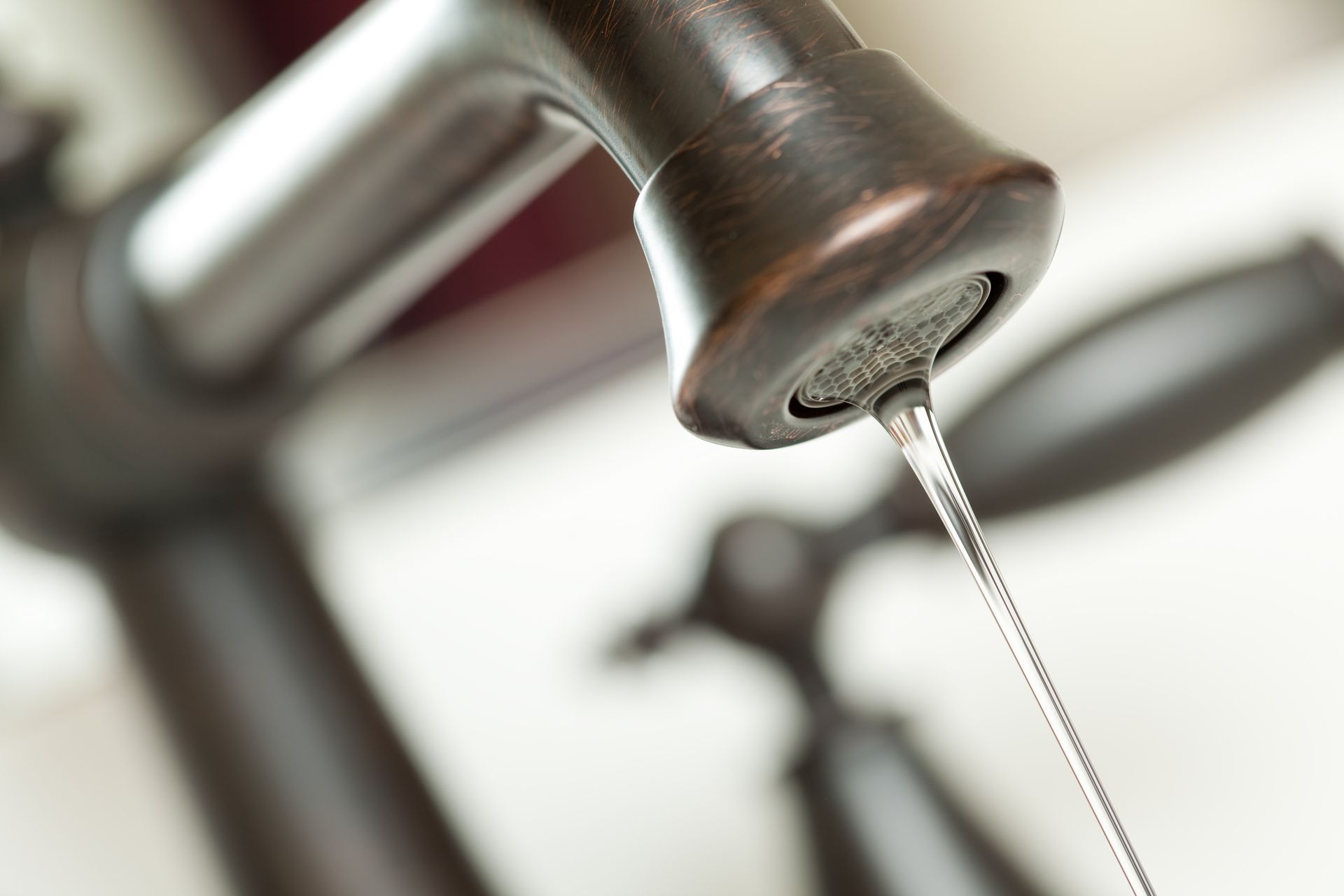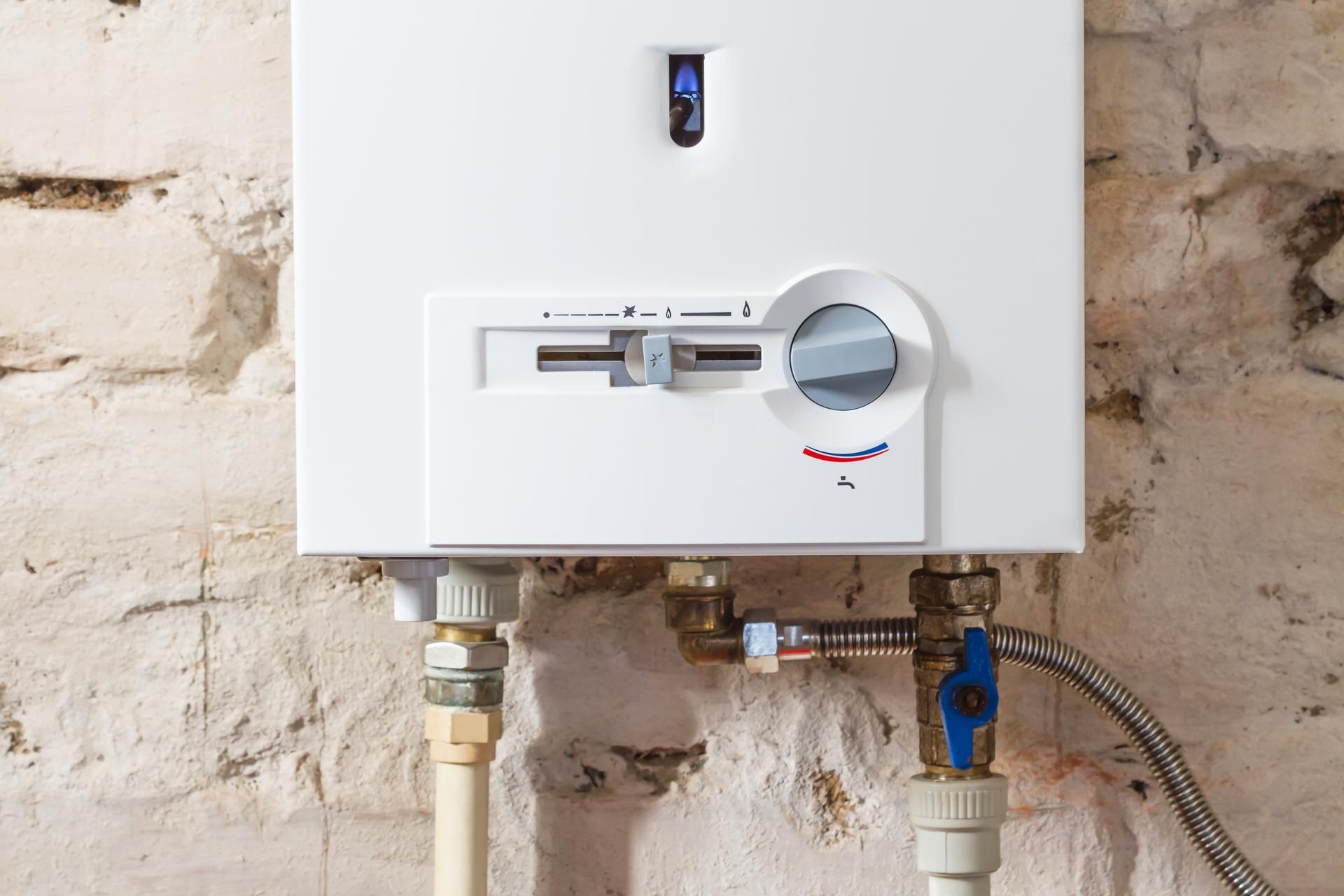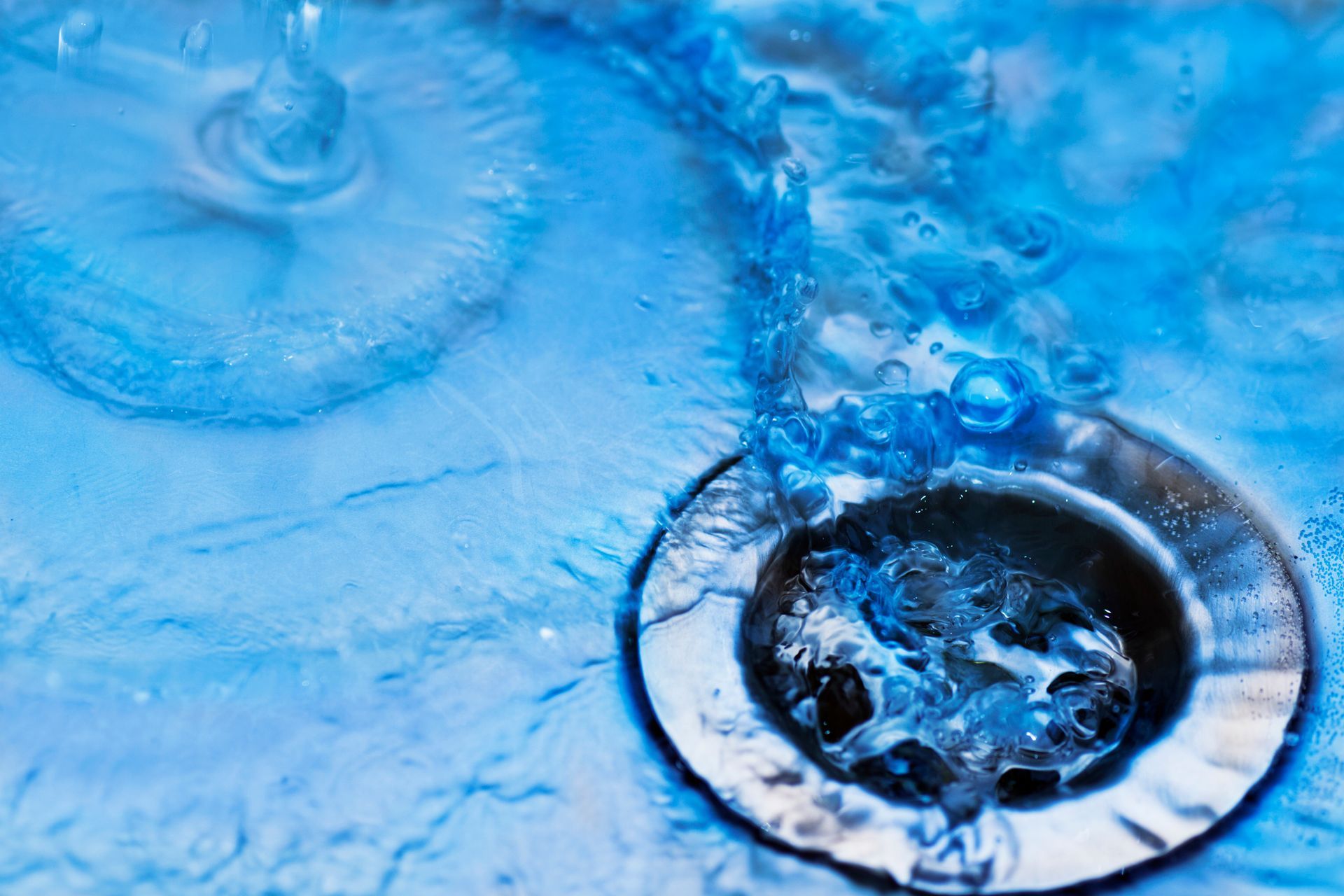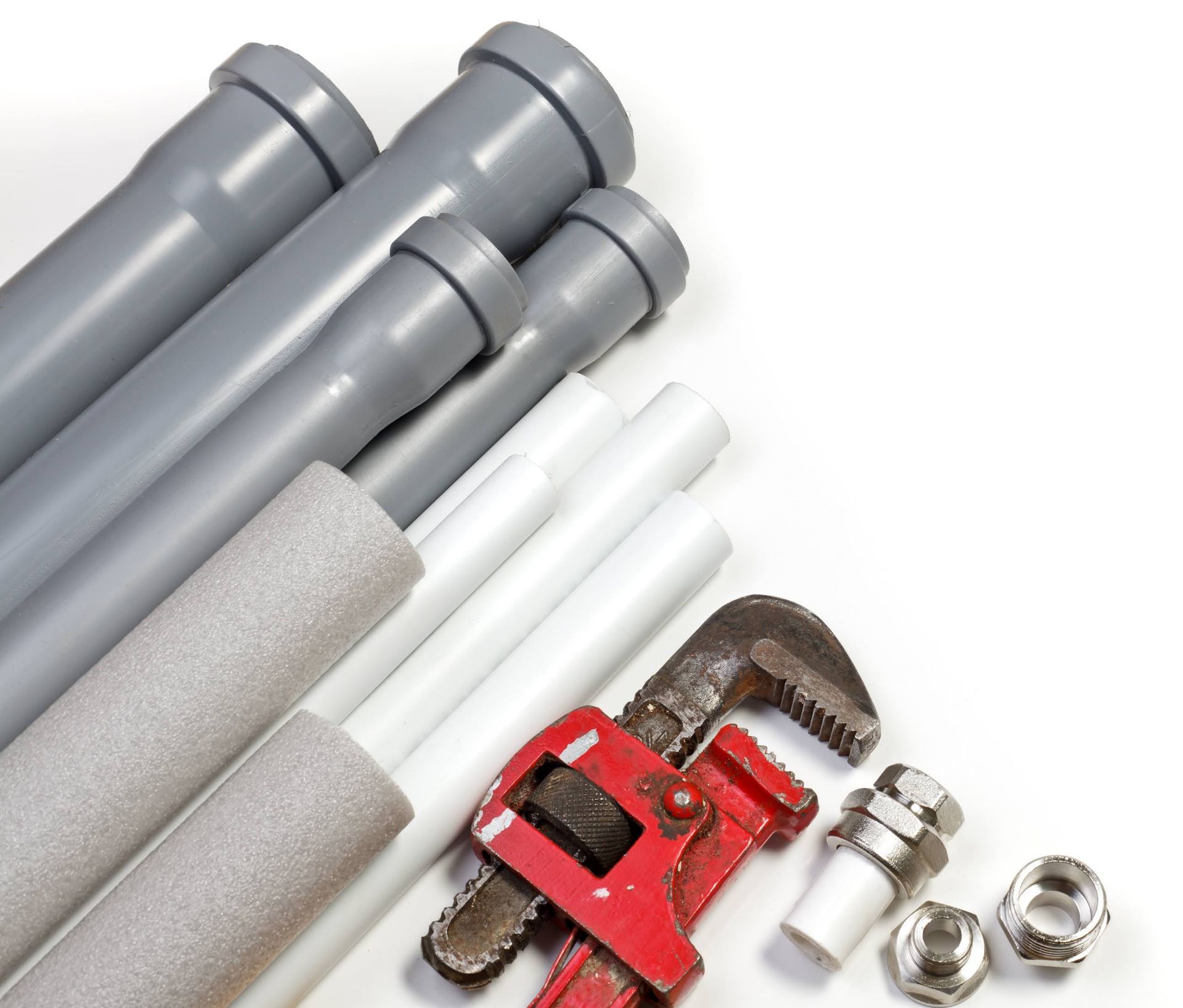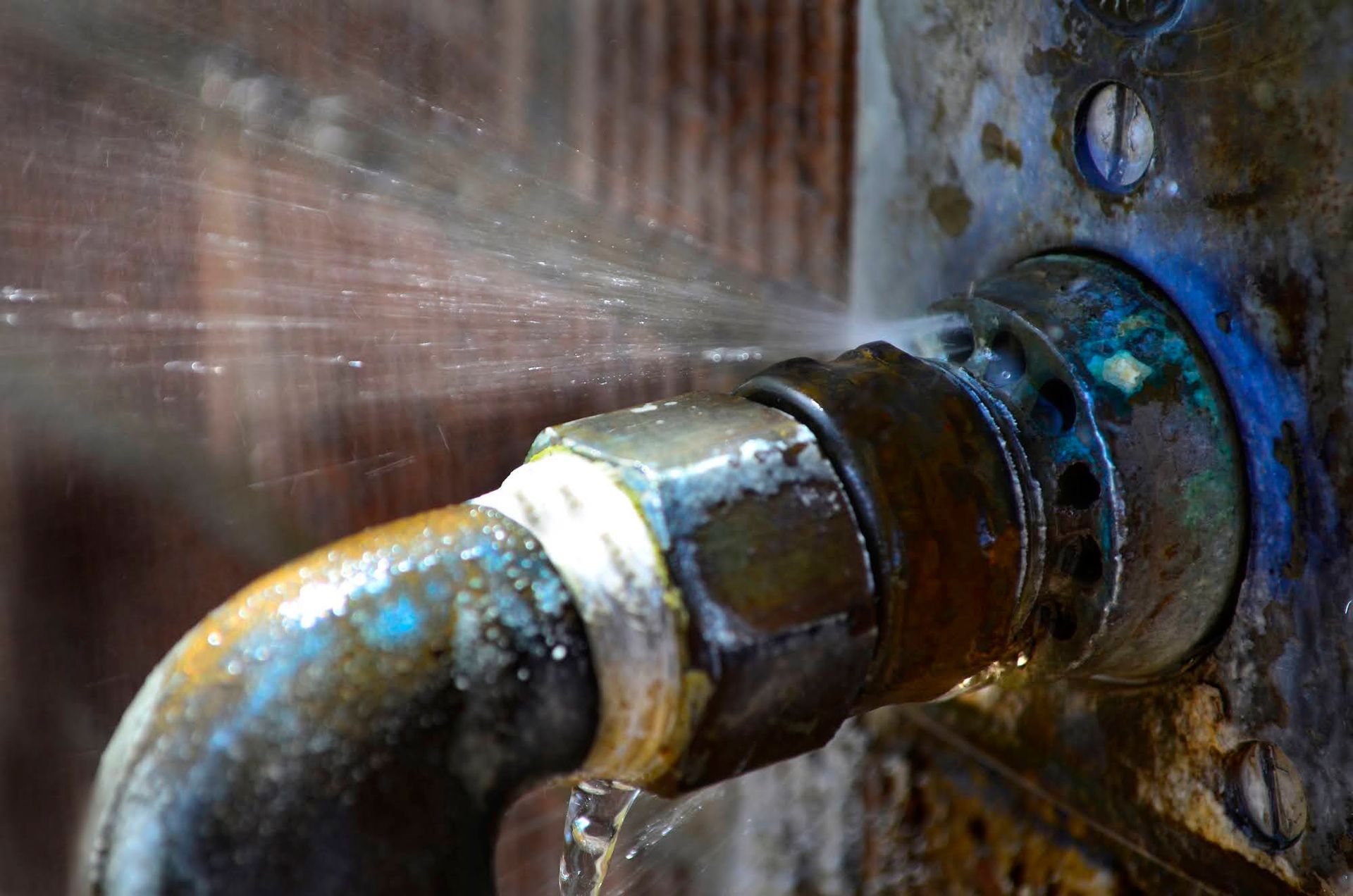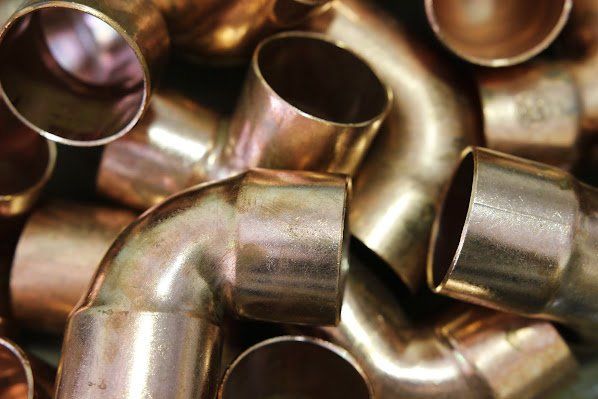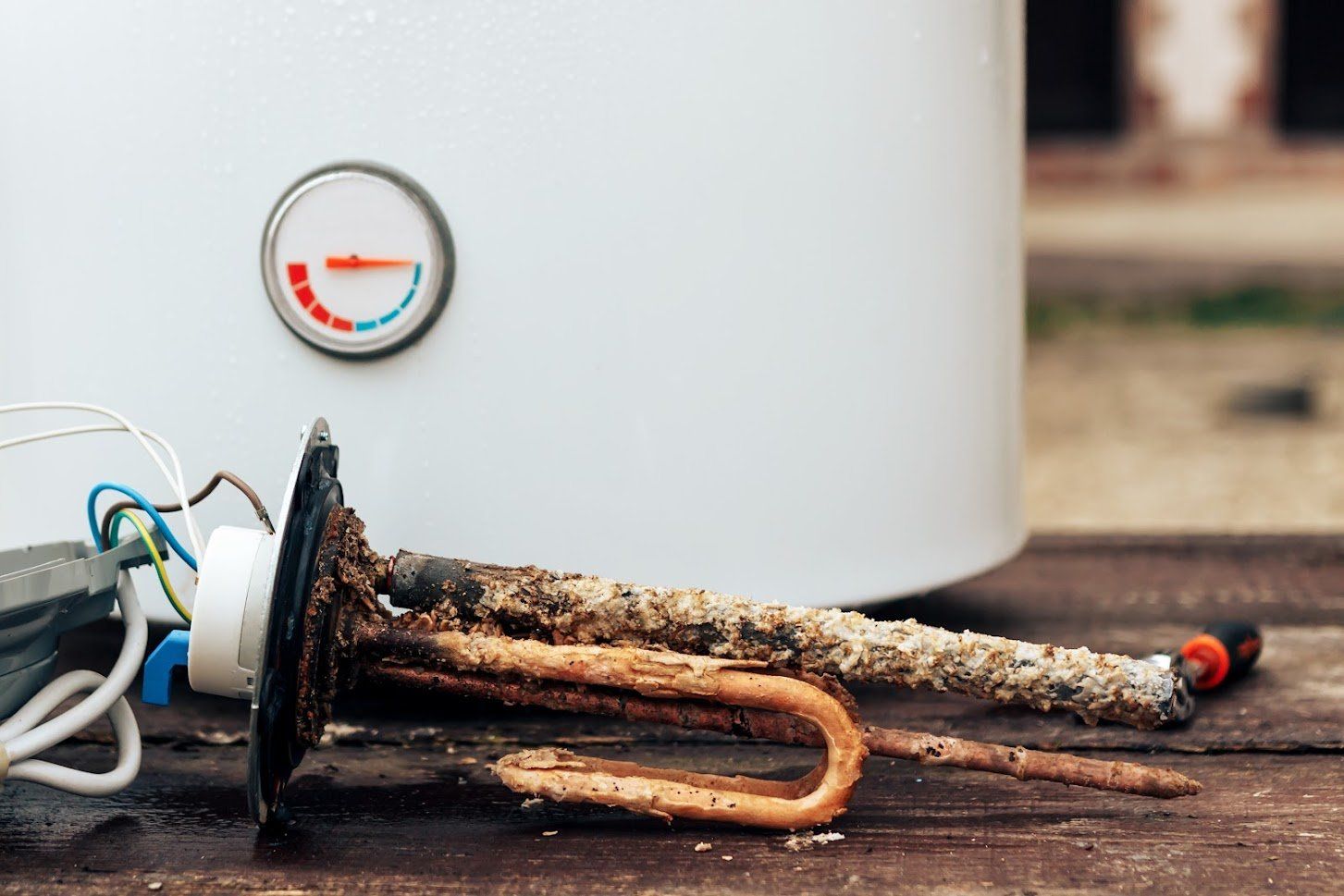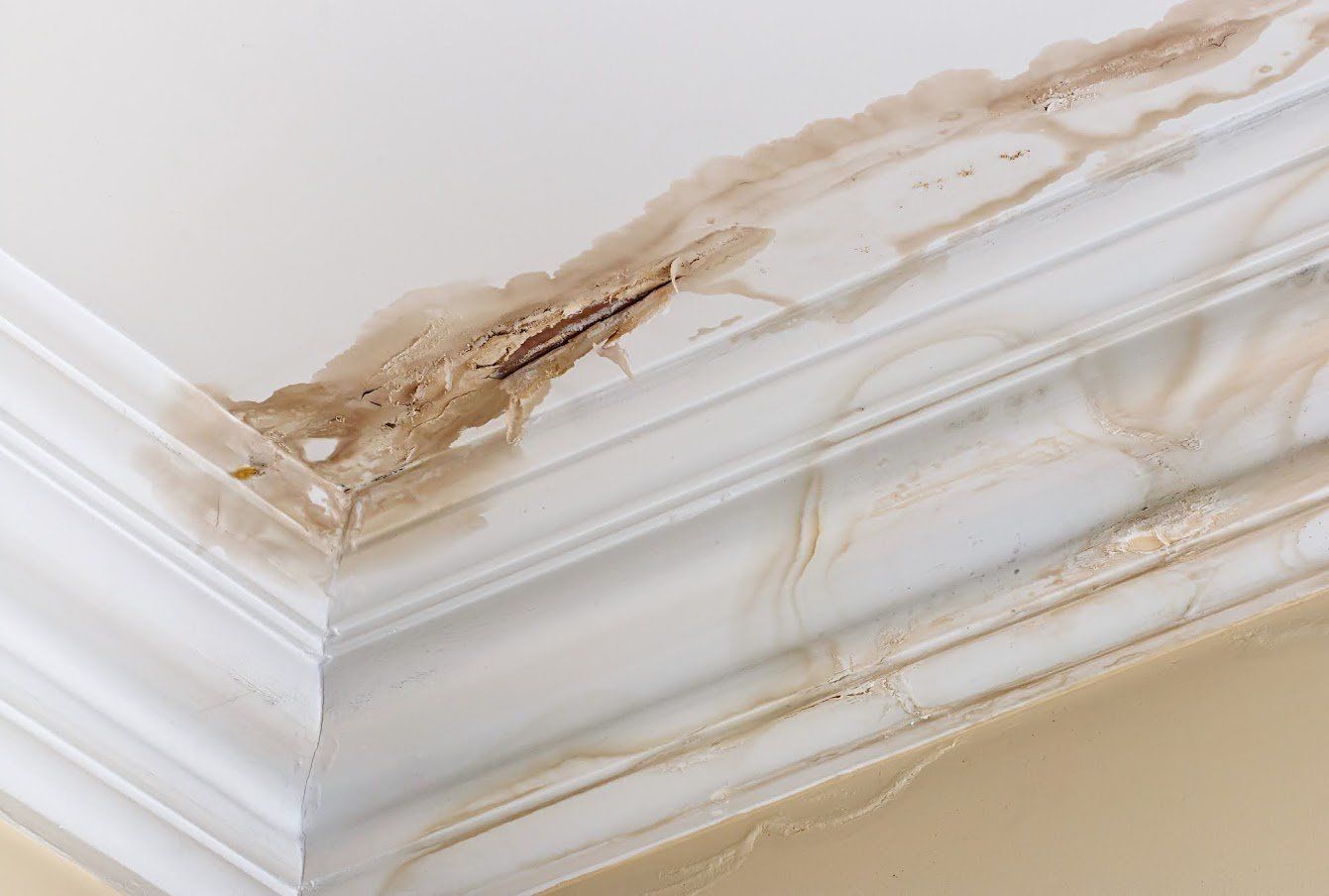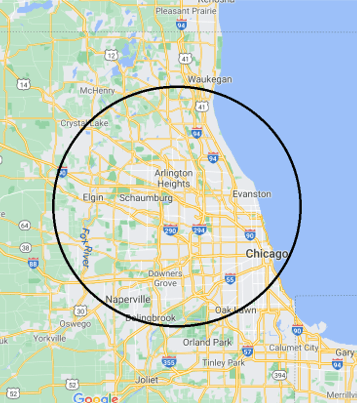5 Plumbing Myths You Should Never Believe
Many plumbing myths and misconceptions have emerged, leading homeowners astray and potentially causing costly plumbing issues. You can make informed decisions, prevent potential problems, and ensure the longevity and efficiency of your plumbing infrastructure by separating fact from fiction.
Here is an overview of five plumbing myths you shouldn’t believe to help you avoid unnecessary mishaps.
1. If You Can Flush It, There Is No Problem
The common plumbing misconception is that anything you can flush down the toilet is safe. However, you should only flush toilet paper and human excrement down your toilet. The wastewater system might get contaminated if you dump any other materials down the toilet or drain.
Throw feminine hygiene products, sanitary napkins, and flushable wipes in your garbage bin rather than your drains. Despite its name, flushable wipes do not disintegrate like toilet paper and can cause expensive plumbing problems by clogging drains.
You should double-check with your contractor or local sewage management organization before you flush anything down the toilet, even if it claims to be "flushable" on the packaging.
2. Commercial or Home-Made Drain Cleaners Can Solve Your Problems
The chemicals used in drain cleaners can cause serious injury and severe corrosion. If inhaled, their vapors can be toxic and their abrasive particles can irritate the skin and eyes. Drain cleaners are also unsafe because of the strong chemicals that might harm your pipes over time.
Another common plumbing myth involves the use of vinegar and baking soda. A chemical reaction may occur, but it may only temporarily displace the obstruction and not fix the underlying problem.
Using a plunger also increases the risk of splattering and spreading the produced froth. As a result, these do-it-yourself (DIY) solutions can produce foul sludge that spreads easily. If you have any plumbing problems, such as a blockage or leak, contact a professional plumber instead.
3. Hot Water Can Solve Your Grease or Clog Problems
The common belief is that flushing grease and other particles down the drain with hot water will be safe. Although the hot water may temporarily liquefy the grease, it will quickly solidify again as it cools and accumulates deeper down the pipes, causing a clog.
If you need to remove grime, cold water or a mixture of warm water and dish soap works best. In addition, many regulations ban hot water over 150 degrees Fahrenheit because it might cause pipe corrosion.
You shouldn’t flush grease down the toilet or sink to keep your pipes free of blockages and grease-related issues. Instead, transfer the grease to a suitable heatproof container before finally disposing it in the garbage.
If the clog has already formed and you have tried running cold water down the drain without success, call a professional plumber who can use their tools and training to remove the obstruction.
4. You Can Save Water with a Brick in Your Toilet
Plumbers warn against putting a brick in a toilet tank to save water, as this is ineffective and can lead to further complications. Deterioration of the brick in water can release clay, sand, or concrete particles, which can then clog the plumbing in the toilet.
In addition, the toilet works best and is efficient when filled to the tank's designated capacity. Going below that mark can negatively affect its function. Installing a water-efficient toilet is a more practical and long-lasting alternative.
5. A Leaky Faucet Is a Negligible Issue
A common misconception is that a dripping faucet is harmless and needs no repairs. A dripping faucet is more than an annoyance as it can cause severe problems and even cost you money. According to the Environmental Protection Agency (EPA), leaks in the home can waste over 2600 gallons of water per year.
A persistent leak wastes water, adds to your water bill, damages the faucet and pit, or taints your pipes. This extra damage may necessitate expensive maintenance or replacement. Rapid response is vital when dealing with a dripping sink.
Contact us at J & S Plumbing Inc. for plumbing services in the Chicagoland area.
Our Reviews

⭐⭐⭐⭐⭐
I only gave them a 5* review because i couldn't leave more. We needed them to repair a separated 12" roof drain pipe exiting the back of our building. To make matters worse, they needed to offset the pipe because it was in the way of another 12" pipe from a different project, and we needed it done right away since it was holding up this other project. J&S was on top of it. They showed up a few hours after I made the call and completed the project the following morning. This was an extensive repair requiring the concrete to be dug out and removed since the separation was inside the footing of the building. The work was in a difficult area, temperatures were hot, and their crew was extremely efficient and professional. J&S has never disappointed us and we will continue to make them the first and last call when we need service. Thank you, Jamie - MIL - Elk Grove Village.
- Jamie S.
Button
⭐⭐⭐⭐⭐
I called J&S Plumbing because I thought my outdoor spigot had froze. With extreme cold weather coming I was looking for it to be fixed before it might get worse. Shane and Tino arrived within an hour and diagnosed that it was just my cover and not a frozen pipe (thankfully) 😮💨. While here, I asked Shane to look at a project we’re looking to do in the spring. He wrote up a proposal for our ejector pit work project and it was very reasonable. He was so professional and helpful. I am definitely planning on using J&S for this project and will update.
- Timothy M.
Button
⭐⭐⭐⭐⭐
These guys were wonderful! We are able to flush the toilets, shower and do laundry without the water backing up I. The basement! Will definitely be using them again!!
- Jennifer H.
Button
⭐⭐⭐⭐⭐
Fast service, arrived late on a Saturday for emergency sewer backing up into the house. Leo was very kind and friendly (and working on his day off). Even when things got a little tricky, requiring an additional plumber, both guys got the job done with a friendly and professional manner.
- Sheila D.
Button
⭐⭐⭐⭐⭐
We've used J & S many times but most recently for a late night water heater repair that turned into a replacement. They showed up, we ran through costs & options, and they swapped units in a little over an hour. Cleaned up and very nice to deal with. Greg and his partner did a super job! Highly recommended +++++
- Bob M.
Button
QUICK LINKS
CONTACT INFORMATION
Address: 370 Bond Street Elk Grove Village, Illinois 60007
Email: admin@jsplumb.com






BUSINESS HOURS
24-Hour Emergency Service
No Upcharge for Evenings, Weekends or Holidays

